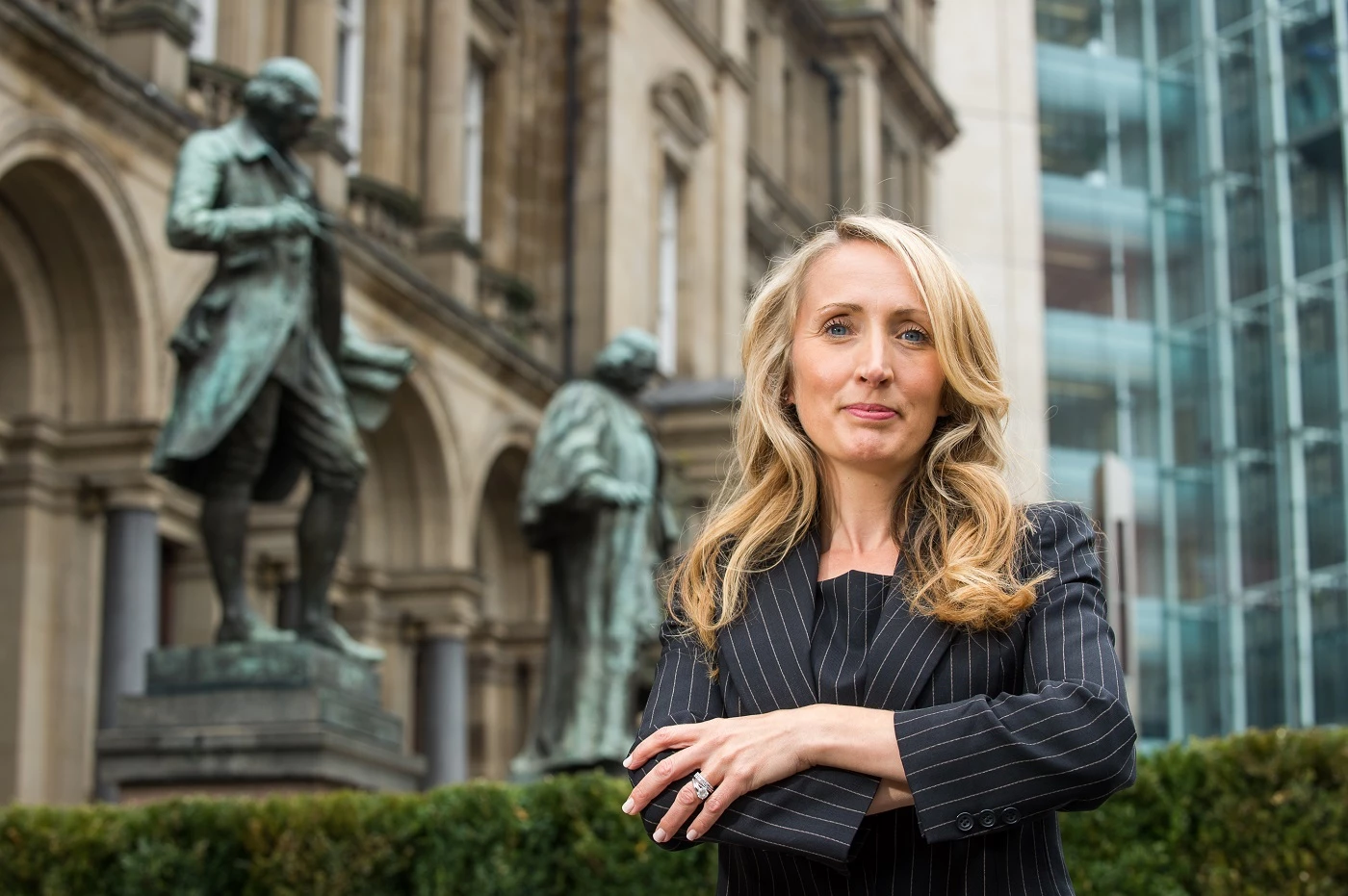
Partner Article
R3 responds to April 2022 insolvency statistics
• Corporate insolvencies decreased by 6% in April 2022 to a total of 1,991 compared to March’s total of 2,119, and increased by 115.2% compared to April 2021’s figure of 925. • Personal insolvencies decreased by 18.5% to 9,409 in April 2022 compared to 11,550 in March, and were 4.7% lower than April 2021’s figure of 9,873.
Eleanor Temple, chair of insolvency and restructuring trade body R3 in Yorkshire and a barrister at Kings Chambers in Leeds, responds to today’s publication of the April 2022 corporate and individual insolvency statistics for England and Wales:
“The monthly fall in corporate insolvencies has mainly been driven by a reduction in Creditors’ Voluntary Liquidations (CVLs). However, the significant year-on-year rise in corporate insolvencies has been driven by the fact that numbers for this process have more than doubled since April 2021.
“This highlights the role the Government’s support initiatives played in preventing the economic damage of the pandemic from translating into an increase in corporate insolvencies. It also suggests that large numbers of directors lack confidence in their ability to continue trading in the current climate, and are choosing to close their businesses now rather than being forced to in the future.
“The figures published today reflect the continued toll the economic turbulence is taking on the business community. The boom many were hoping for when pandemic restrictions ended simply hasn’t happened as the UK has moved from one damaging set of economic stressors to another without any time to draw breath.
“Businesses are trying to trade amidst rising inflation, a contracting economy and consumer confidence at a near historic low – lower than during the peak of the pandemic – due to cost of living concerns. Alongside this, rising fuel and energy costs and demands for increased wages from employees mean that it’s a challenge simply to break even at the moment, especially for those businesses who are still reeling from the pandemic.
“Our advice to any directors who are worried about their business is to seek advice and to do it as soon as possible. We know how hard it is to admit a business you’ve worked to build is struggling, but having that conversation at an early point is likely to result in a far better outcome than if you’d waited and the problem had spiralled.
“Turning to personal insolvencies, the monthly and yearly fall in numbers has been driven by a reduction in all forms of personal insolvency process. However, these figures can’t hide the fact that many people’s finances in England and Wales are stretched to breaking point at the moment. The cost of fuel, food and energy has risen, while wages and take home pay have failed to keep pace with rising costs.
“People are worried about their financial futures, their ability to manage their money, and the future of the economy. As a result, they are reluctant to spend on anything other than the essentials and are turning to borrowing to cover the gap between wages and inflation.
“In times like this financial shocks – job loss, a reduction in hours at work, or even an unexpected bill – can result in people quickly moving from struggling to becoming insolvent.
“We urge anyone who is worried about their finances to seek advice from a qualified source and do so as soon as possible. Conversations about money are some of the hardest to have, but asking for advice while the worries are new often means more potential solutions are available and gives you more time to decide on your next step.”
This was posted in Bdaily's Members' News section by Emma Kilmurray .
Enjoy the read? Get Bdaily delivered.
Sign up to receive our popular Yorkshire & The Humber morning email for free.








 Raising the bar to boost North East growth
Raising the bar to boost North East growth
 Navigating the messy middle of business growth
Navigating the messy middle of business growth
 We must make it easier to hire young people
We must make it easier to hire young people
 Why community-based care is key to NHS' future
Why community-based care is key to NHS' future
 Culture, confidence and creativity in the North East
Culture, confidence and creativity in the North East
 Putting in the groundwork to boost skills
Putting in the groundwork to boost skills
 £100,000 milestone drives forward STEM work
£100,000 milestone drives forward STEM work
 Restoring confidence for the economic road ahead
Restoring confidence for the economic road ahead
 Ready to scale? Buy-and-build offers opportunity
Ready to scale? Buy-and-build offers opportunity
 When will our regional economy grow?
When will our regional economy grow?
 Creating a thriving North East construction sector
Creating a thriving North East construction sector
 Why investors are still backing the North East
Why investors are still backing the North East